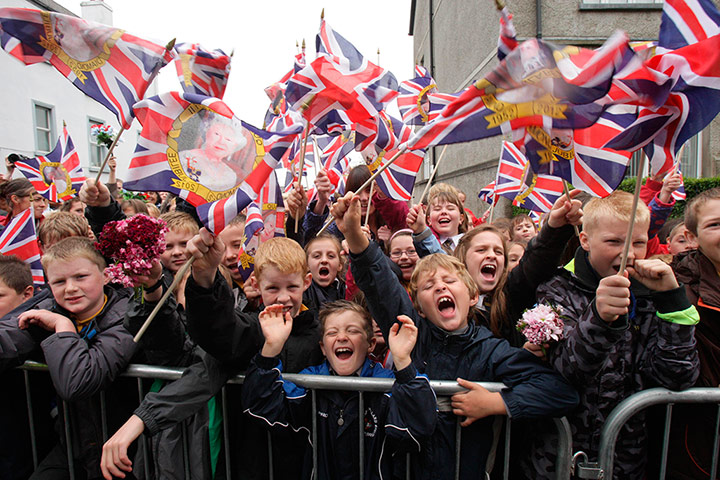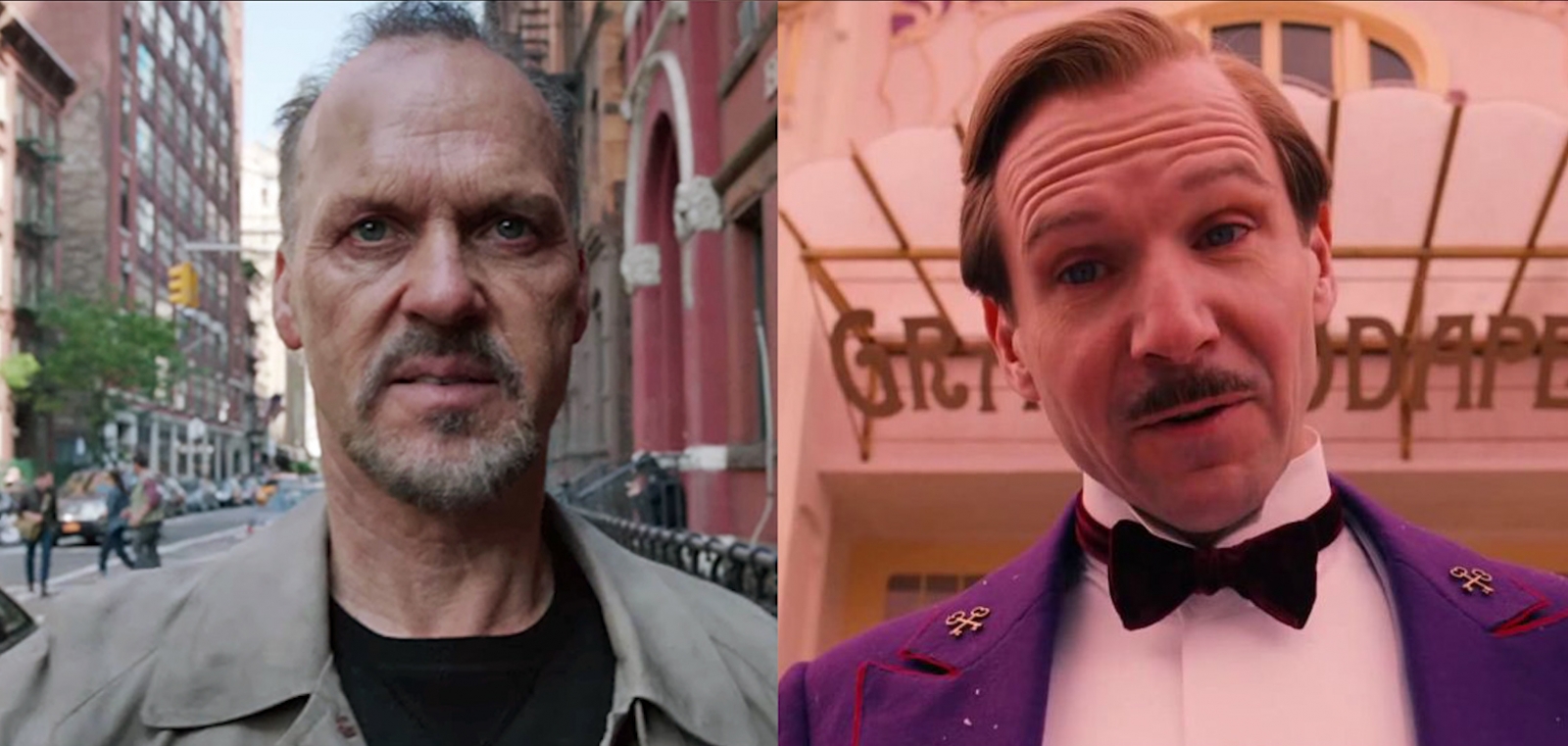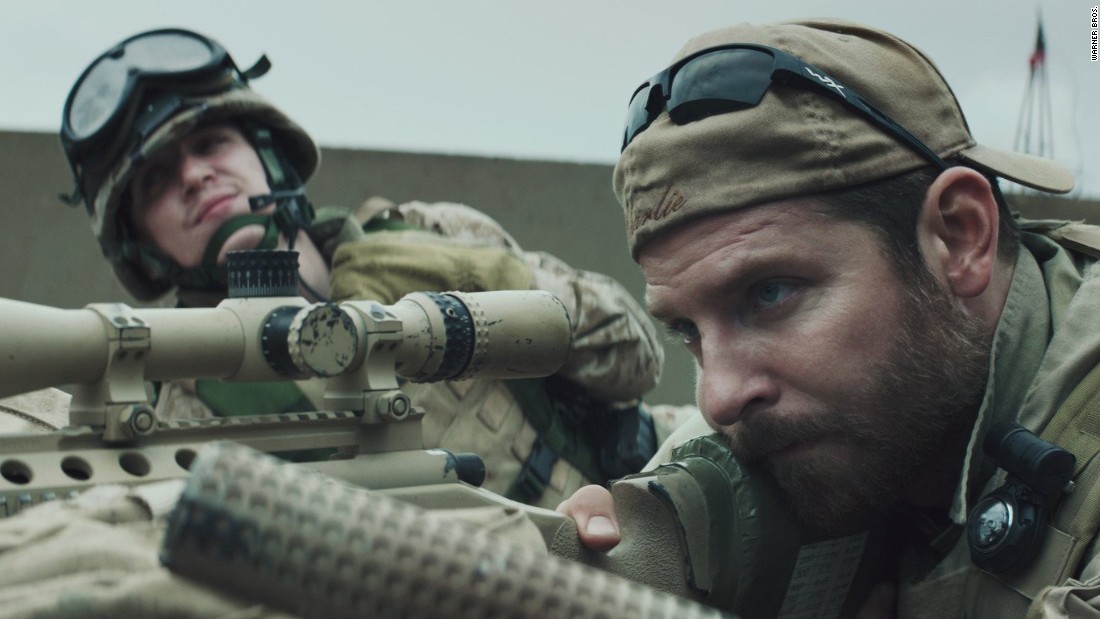For years, citizens of the UK (and in fact other parts of the world) have debated about the position of the UK's monarchy, arguably the most famous monarchy to ever exist. Today, this debate has started again after Green Party leader, Natalie Bennett, said that if her party had the power, they would scrap the monarchy and build more council houses. She then joked that she would even give the Queen one if it was necessary.
 |
| Natalie Bennett's joke was portrayed wrong in the media. |
This joke has sparked discussion between those who are pro and anti-Royal. On the pro side people argue that the Royal Family brings in more money than is spent. On the anti-Royal side, they argue that this figure is actually false and costs the taxpayer more than they get back. They also state that it makes the system undemocratic - if it wasn't already.
If we look at it on a personal level, I think the Queen seems like a lovely old lady, William and Kate look great together and are great role models for the Royal Family. Harry is polite enough and down to earth and Philip - well, Philip's a character to say the least. They are fairly interesting people and even if she is a millionaire, you'd feel bad kicking little old Liz out of her house.
 |
| She's adorable, but she's costing too much. |
However, the monarchy is an outdated part of our country. We may love it when the Queen visits our town - to this day I can't believe that the Queen came to Greenock - but step back a minute. Forget that she is the Queen and think of what she is: a posh pensioner who gets top security and free holidays because she was born to the right family. It's hard to believe that we respect a woman who was lucky to be born into the most untouchable family in the world. It shows that the title of King or Queen gives you an untouchable reputation for doing nothing. Without going into whether or not that is good role-modelling, let's look at what the monarchy used to mean.
The monarchy was until the 1600s, the ruling body of England. Scotland had its own monarchy too and it was only until James VI of Scotland became King James I of England that England and Scotland had some unity (which would later be part of the creation of the British Parliament). So they used to have some power. The Kings and Queens of England and Scotland for many years were those who won the battles and won the land, therefore Kings and Queens were the best in the land and although I am anti-war that at least justifies why they ran the country. Nowadays the monarchy is pretty much ceremonial and has been since the late 17th century. Therefore, the Royal Family can't even justify their place in the palace. It's the equivalent of being rich and of a higher order because your great great grandfather was a famous footballer. It's ludicrous to think that it's acceptable to ride on the back of your ancestors' achievements.
Some would say that the Queen can veto legislation, but let's be honest, the Royal Family are supposed to be politically neutral or else it can cause controversy. So, even abhorrent bills pushed through by a majority party will get the consent of the Queen. However, I'd like to see whether or not a bill to abolish the monarchy would be approved by the Queen.
The main argument is whether or not the Royal Family makes or wastes our money. Monarchists believe that the reputation of the Royal Family and their fame contributes massively to the tourist industry in the UK. Republicans (not mad 'Muricans, but those who believe in anti-monarchism) believe that it's an outdated system which gives the Royal Family freebies without contributing enough to the country.
We know of the Queen's official expenditure for 2013-14 from the Sovereign Grant who said that the taxpayers paid 56p each a year for the upkeep of the Family - the equivalent of £35.7m. These include approximately £15m spent on wages and £246,160 spent on the Prince of Wales to attend the funeral of Nelson Mandela according to The Guardian. Discovery Finance reported that Prince Charles makes his money from the Duchy of Cornwall (despite it being owned by the state), which are currently $28m a year. The Queen's net worth is more than $500m a year. They are constantly making money and will no doubt continue to have money even if the monarchy is abolished.
Republic, the anti-monarchy website, posted a report that suggests that costs could cost as much as £299m which you can find here. This includes over a third being spent on security from the state (£102m), lost profits (not the band) on Duchies that are owned by the state, but given to monarchs (£90m) and how they live rent-free (£30) or as some call it, living in a fancy council house.
 |
| All those fences add up |
These costs add up and in fact cost us more than it's worth. Let's say that we even take the extreme articles of Tory papers like The Telegraph who really support the monarchy. They say that the monarchy brings in £500m a year from overseas tourists as they visit the likes of The Tower of London and St Paul's Cathedral because they are linked with the Royal Family. To think that people go to these places because there is currently a monarchy is stupid. Someone tweeted today regarding the abolition of the monarchy saying: "You wouldn't stand atop the Eiffel Tower and think 'Paris would be so much better if it had a monarchy'". Therefore, why do we focus on tourism to keep them? The Palace of Versailles is the third largest tourist attraction in France behind the Louvre Museum and the Eiffel Tower yet France hasn't had a King since the 1840s. I don't see anyone boycotting India despite the fact that they have no monarchy. Especially because the Taj Mahal is one of the most famous buildings in the world. America is known for Hollywood, celebrities and the President. I wouldn't go to America in hope of meeting Obama or bumping into KimYe at a restaurant. Get real.
 |
| "What do you mean nobody lives here?" - Palace of Versailles |
So as I've said, if it doesn't even make financial sense to you, at least think that tourism will not be affected as part of abolishment of the monarchy. People visit countries for their landmarks, their history, their culture, their natural beauty. People don't go to the Louvre to see the artists who made the art, but the art itself and the history of it. Therefore, tourism will not suffer through the abolishment of the monarchy, it will only encourage those to come and see the history and the wonders of the once forbidden spots in the UK.
If this still doesn't convince you, just think for a second why you think the Queen is a better person than you. The Queen is no different from any of us, she was just lucky to come from the untouchable family.



